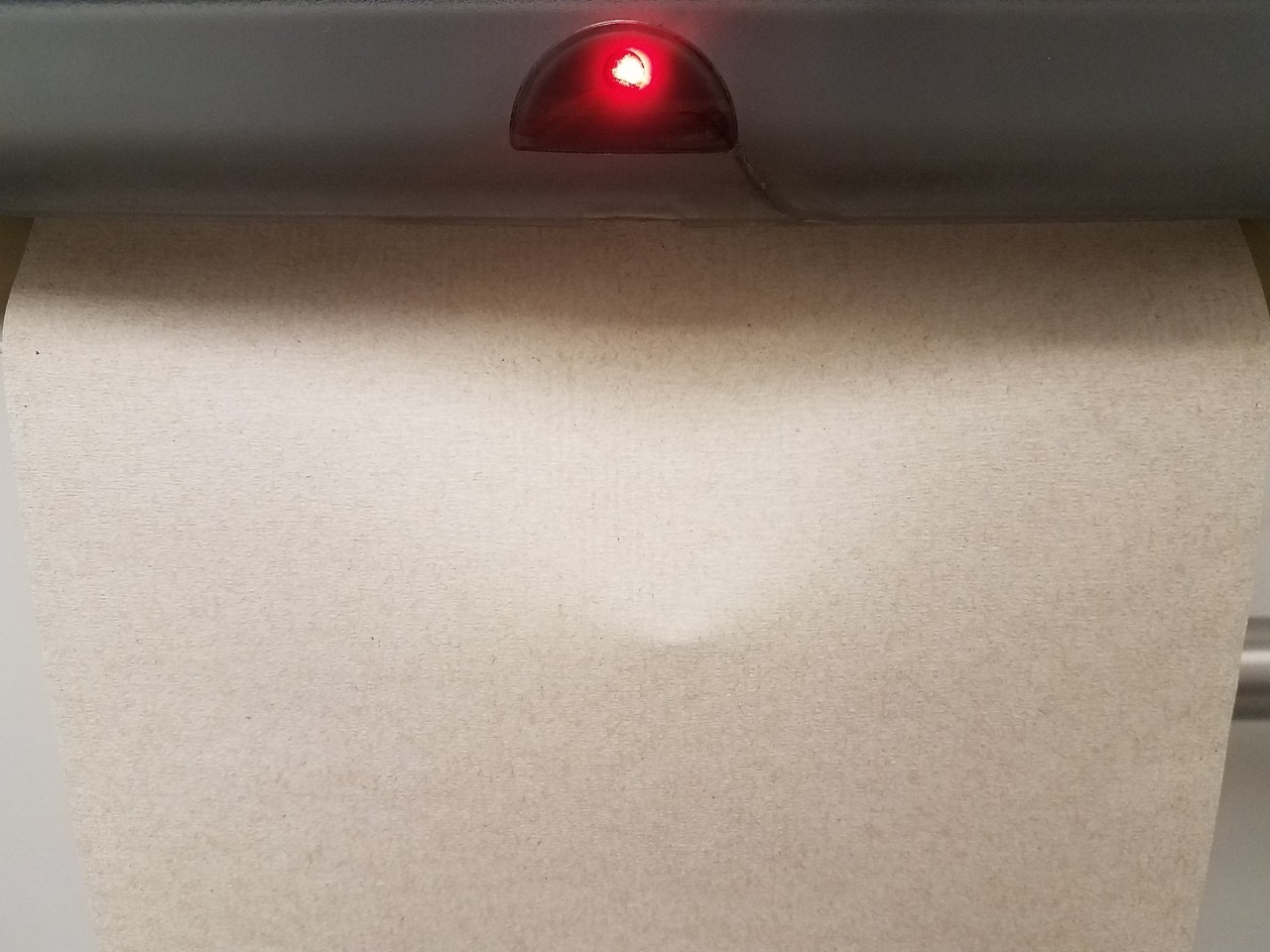I know this is a delicate subject, and I want to have some dignity in addressing this issue, but when did Americans become so lazy that we can’t flush our own toilets? It seems as though we are no longer capable of pushing down a lever.
Instead, we have electronic sensors that determine when the toilets need to be flushed. Everywhere I go, I run into these motion-sensing devices. For many years, we have seen them on automatic door openers. When you walk up, they detect your presence and open the door.
I don’t mind these sensors because I am usually carrying a sack of groceries, and it is convenient to have the doors open automatically. But someone is getting a little carried away and is putting these sensory devices on everything. You no longer have to turn on the water in your sink. You just hold your hand under the faucet and the water is supposed to come out.
I used the word “supposed” intentionally in the last sentence. I don’t how many times I have stuck my hand under one of these things and nothing happened. I look around, and everyone else’s faucet is working. Then I feel foolish because I just stand there waiting, hoping and praying the faucet will sense my presence and send out some water. I haven’t yet figured how long I should wait, but I find myself moving from sink to sink, hoping one of them will recognize that I’m there.
And now they have installed these same devices on the paper towel dispensers. As you hold your dripping hands under the electronic eye, the “supposed” paper is “supposed” to scroll down so you can “supposedly” dry your hands. When it doesn’t happen, I figure I don’t have my hands in the right position, so I begin to wave them like a chicken flapping its wings, hoping it will detect me and eject something I can dry my hands on. Finally, I end up wiping them on my pants.
But the sensors I like the least are the ones on airport toilets. Since my job requires me to travel internationally, I wear sweatpants and a sweatshirt to sleep in on the overnight flight, and when I arrive in an international city to switch planes, I visit the restroom to change into some more presentable clothes.
But you can’t change clothes in a bathroom stall without one of those sensors going crazy. If I sit down to unlace my shoes, every time I bend over to undo a shoelace, the toilet will flush. It takes a minimum of three flushes to change my pants, two to change my shirt and so on.
Twenty flushes later, I have changed my clothes and am ready to catch the next plane. Before I do, I want to shave, brush my teeth and freshen up. So I hold my toothbrush under the faucet and again, no water comes out. This seems to be the story of my life.
What I think is sad is that I see too many parents who have these built-in detectors, and they only respond to their children when the child misbehaves. I see it mostly when I am in a store. A mother is walking behind her child and yelling at him. “Why can’t you ever behave?” as she swats his rear end. “How many times do I have to tell you to leave stuff alone? Do you want me to whip you right here in this store in front of everyone?”
All of these questions are foolish. How is a child to respond about why he can’t “ever behave”? “Mom, if you and Dad had just given me better genes, I might not act this way.” Or maybe to the question “How many times do I have to tell you?” he could simply respond, “Forty-seven.” And when he hears, “Do you want me to whip you right here in this store?” his answer could be, “Yes, this would be a good time for you to show your power in front of all these strangers.”
I am afraid this child lives underneath an automatic eye of condemnation, and as I walk away, I say a prayer for him: “Dear God, put someone in this boy’s life who can detect the good things, because if not, his self-worth is being flushed down the toilet — automatically.”






